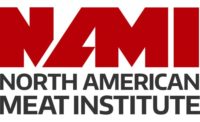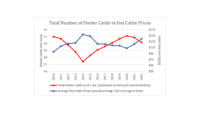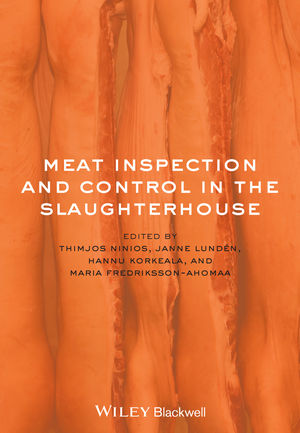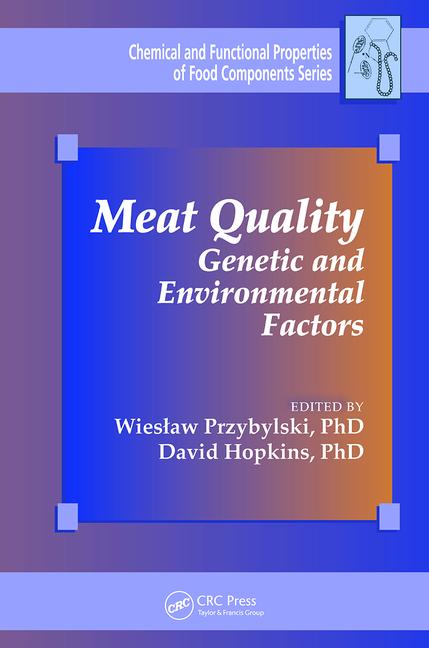NAMI: 'Special investigator to cost taxpayer $9M is redundant'
NAMI disappointed in Lower Food and Fuel Cost Act, recently approved by U.S. House of Representatives.

The North American Meat Institute (Meat Institute) released the following statement after the U.S. House of Representatives approved H.R. 7606, the Lower Food and Fuel Cost Act, a bill that establishes a special investigator for meat and poultry at the U.S. Department of Agriculture:
"We are disappointed the House voted to waste $9 million in taxpayer dollars on a redundant special investigator when that money would be much better spent helping Americans seeking assistance from record inflation," said Julie Anna Potts, president and CEO of the Meat Institute. "This bill simply replicates the authorities already granted to USDA and the Department of Justice to enforce the Packers and Stockyards Act and creates an expensive new government office."
The bill creates an Office of the Special Investigator within USDA to investigate and prosecute Packers and Stockyards Act claims. The office also would have the authority to bring civil actions, which circumvents the Department of Justice's authority. In addition, the Special Investigator would consult with the Federal Trade Commission and Department of Justice regarding competition and trade practices across all of food and agriculture, and consult with the Department of Homeland Security regarding national security and critical infrastructure security issues across all of food and agriculture.
The bill must now be considered by the U.S. Senate.
The National Cattlemen's Beef Association and National Pork Producers Council both oppose the Special Investigator bill. The House Agriculture Committee held three hearings this Congress to examine cattle and beef markets. The Special Investigator bill was not discussed at any hearing.
"Of particular concern is the creation of a special investigator empowered to enforce the new changes to the Packers and Stockyards Act regulations soon to be announced by the Biden Administration," said Potts. "These rules—like those previously proposed by USDA under then-Secretary Tom Vilsack in 2010—are likely to have far reaching, unintended adverse consequences. The special investigator (and staff) would feel emboldened and obligated to bring as many cases as possible, warranted or not, to test and expand the legal limits of the new rules. The resulting legal uncertainty and market chaos will accelerate unpredictable changes in livestock and poultry marketing that will add costs to both producers and consumers at a time of high inflation. Congress should not create a duplicative enforcement office, particularly when Congress doesn't know what those new rules will be.
"The President's budget request includes increased funding for the Packers and Stockyards program. If there is a problem that must be addressed, Congress should address it through the appropriations process within the context of the existing programmatic office, not by expanding the government with new, redundant offices and authorities."
Further background:
In June 2021, USDA announced plans to propose rules to "strengthen enforcement" of the Packers and Stockyards Act. The expected proposed regulations would be problematic for several reasons, including their impact on livestock producers' options to market their cattle and hogs as they choose.
The concepts expressed in USDA's announcement about the planned Packers and Stockyards rules are not new and were considered, and rejected, in the past. When proposed, they will conflict with legal precedent in no less than eight federal appellate circuits, and will hurt livestock producers, packers, and consumers.
The Administration's fiscal year 2023 budget request specifically ties increased funding for the Packers and Stockyards program to the forthcoming proposed rules: "Increased funding is requested to fund new statutory requirements, to strengthen oversight of livestock and poultry markets and minimalize IT security vulnerabilities."
Source: North American Meat Institute
Looking for a reprint of this article?
From high-res PDFs to custom plaques, order your copy today!








